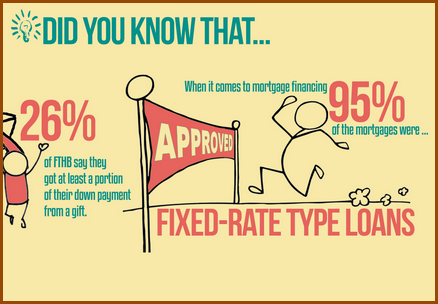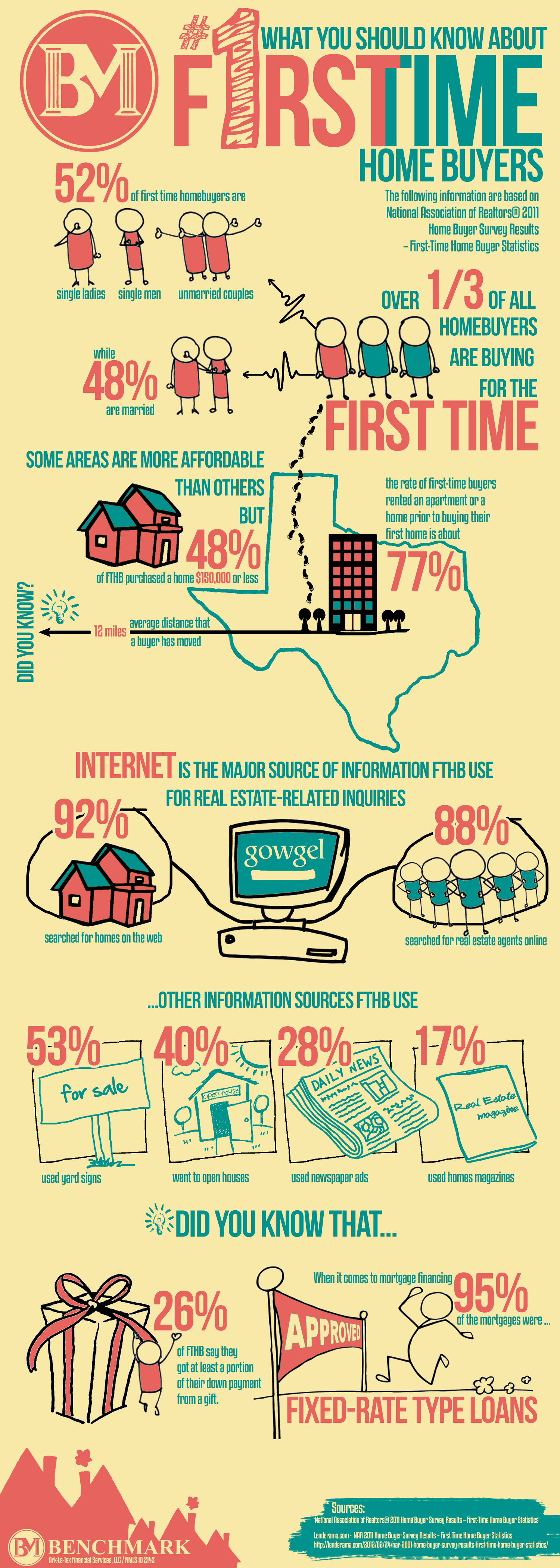
With student debt making headlines on a regular basis, and the rates of homeownership being lower, is there a connection? Maybe.
In the first issue of Consumer & Community Context, a publication from the Federal Reserve, an article by Alvaro Mezza, Daniel Ringo, and Kamila Sommer, Federal Reserve Board Division of Research & Statistics entitled, “Can Student Loan Debt Explain Low Homeownership Rates for Young Adults?”, Mezza et al write,
While many factors have influenced the downward slide in the rate of homeownership, some believe that the historic levels of student loan debt have been particular impediments. Indeed, outstanding student loan balances have more than doubled in real terms (to about $1.5 trillion) in the last decade, with average real student loan debt per capita for individuals ages 24 to 32 rising from about $5,000 in 2005 to $10,000 in 2014. In surveys, young adults commonly report that their student loan debts are preventing them from buying a home.
and,
We found that a $1,000 increase in student loan debt . . . causes a 1 to 2 percentage point drop in the homeownership rate for student loan borrowers during their late 20s and early 30s.
In a study by the Federal Reserve in 2017, they found that every $1k in student loan debt postpones homeownership by about two and a half months. However, “postponed” is not the same as “canceled”! By time time higher education graduates reach their thirties, student loan debt has a reduced affect on rates of homeownership.
We have written before about the wealth-building power of paying a mortgage over paying rent, and student loan debt is similarly and investment into one’s career. The boosted earning potential of a generation of more college graduates is bound to catch up to the burden of the debt that helped fuel it.
Is it better to pay down debt, or to save for a down payment?
There is no one-size-fits-all answer to this question. No matter whether you have prioritized paying your student loan debt or saving for a down payment, if you would like to take a closer look at what makes the most sense for you, contact us. Our job is to work with you to find the right solution for your financial goals.
Find your Benchmark branch and contact them today for more information.Give us a call or contact us today. At Benchmark, we’ve got your back.Give me a call, send me an email, or request a call today. My team and I got your back.







